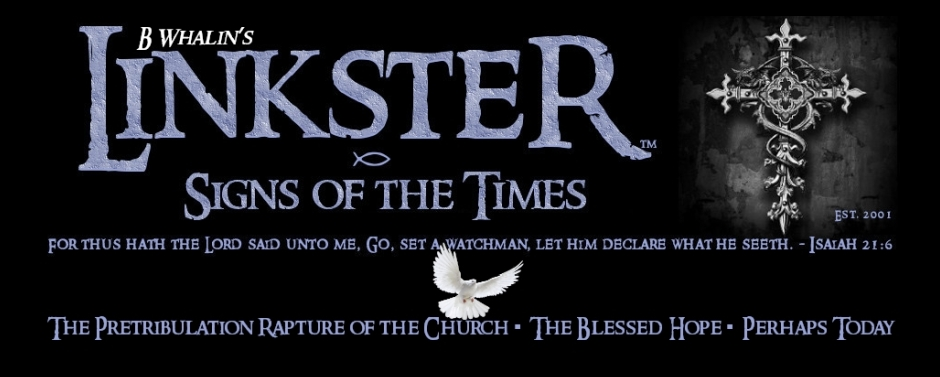
Abraham Lincoln
Sixteenth President of the United States (1861-1865)
First Republican President
Father of the Republican Party
First Republican President
Father of the Republican Party
On ‘The U.S. Constitution’

United States Constitution - Preamble
We the People of the United States, in Order to form a more perfect Union, establish Justice, insure domestic Tranquility, provide for the common defence, promote the general Welfare, and secure the Blessings of Liberty to ourselves and our Posterity, do ordain and establish this Constitution for the United States of America.
Biography
 Abraham Lincoln February 12, 1809 – April 14, 1865) was the 16th President of the United States, serving from March 1861 until his assassination in April 1865. Lincoln led the United States through its greatest constitutional, military, and moral crises—the American Civil War—preserving the Union, abolishing slavery, strengthening the national government and modernizing the economy. Reared in a poor family on the western frontier, Lincoln was self-educated, and became a country lawyer, a Whig Party leader, Illinois state legislator during the 1830s, and a one-term member of the United States House of Representatives during the 1840s.
Abraham Lincoln February 12, 1809 – April 14, 1865) was the 16th President of the United States, serving from March 1861 until his assassination in April 1865. Lincoln led the United States through its greatest constitutional, military, and moral crises—the American Civil War—preserving the Union, abolishing slavery, strengthening the national government and modernizing the economy. Reared in a poor family on the western frontier, Lincoln was self-educated, and became a country lawyer, a Whig Party leader, Illinois state legislator during the 1830s, and a one-term member of the United States House of Representatives during the 1840s.After a series of debates in 1858 that gave national visibility to his opposition to the expansion of slavery, Lincoln lost a Senate race to his arch-rival, Stephen A. Douglas. Lincoln, a moderate from a swing state, secured the Republican Party presidential nomination in 1860. With almost no support in the South, Lincoln swept the North and was elected president in 1860. His election was the signal for seven southern slave states to declare their secession from the Union and form the Confederacy. The departure of the Southerners gave Lincoln's party firm control of Congress, but no formula for compromise or reconciliation was found. Lincoln explained in his second inaugural address: "Both parties deprecated war, but one of them would make war rather than let the Nation survive, and the other would accept war rather than let it perish, and the war came." » Full Bio
» See All 'Quotable Quotes'
This Day In History 151 Years Ago
American Civil War - September 22, 1862
American Civil War - September 22, 1862
Lincoln Issues Emancipation Proclamation
The War Originally Was About Sovereign States’ Rights

 On this day in 1862, President Abraham Lincoln issues a preliminary Emancipation Proclamation, which sets a date for the freedom of more than 3 million black slaves in the United States and recasts the Civil War as a fight against slavery.
On this day in 1862, President Abraham Lincoln issues a preliminary Emancipation Proclamation, which sets a date for the freedom of more than 3 million black slaves in the United States and recasts the Civil War as a fight against slavery.When the Civil War broke out in 1861, shortly after Lincoln's inauguration as America's 16th president, he maintained that the war was about restoring the Union and not about slavery. He avoided issuing an anti-slavery proclamation immediately, despite the urgings of abolitionists and radical Republicans, as well as his personal belief that slavery was morally repugnant. Instead, Lincoln chose to move cautiously until he could gain wide support from the public for such a measure.
[...]
The proclamation was a presidential order and not a law passed by Congress, so Lincoln then pushed for an antislavery amendment to the U.S. Constitution to ensure its permanence. With the passage of the 13th Amendment in 1865, slavery was eliminated throughout America (although blacks would face another century of struggle before they truly began to gain equal rights).
Lincoln's handwritten draft of the final Emancipation Proclamation was destroyed in the Chicago Fire of 1871. Today, the original official version of the document is housed in the National Archives in Washington, D.C. » Full Article
Significant Events This Day In History
» History» Ultimate History Quiz
“The Ultimate History Quiz features thousands of questions about American and global history trivia. Play now to challenge your friends, and see how you stack up to the competition.”


